Directory
- Share
Amirah Sequeira
- Alumni
- Canada
- 2014 Mphil History Philosophy & Sociology of Sci, Tech & Med
- Newnham College
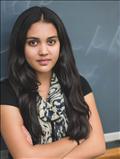
Amirah Sequeira
- Alumni
- Canada
- 2014 Mphil History Philosophy & Sociology of Sci, Tech & Med
- Newnham College
Gregory Serapio-García
- Scholar
- United States
- 2019 PhD Psychology
- St John's College
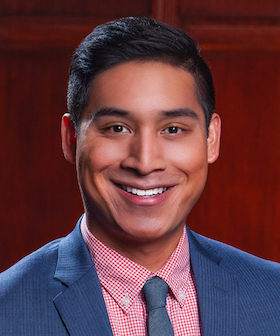
Gregory Serapio-García
- Scholar
- United States
- 2019 PhD Psychology
- St John's College
A San Francisco Bay Area native, I grew up immersed in and fascinated by technology. Carrying this fascination with me to study Psychology and Computing and Digital Technologies at the University of Notre Dame, I used my first research grants to conduct a crowdsourced Internet study of personality and subjective well-being in 105 nations and nine languages. At Notre Dame’s Center for Advanced Measurement of Personality and Psychopathology, I developed an interest in the overlap of clinical disorders with everyday personality traits. In 2017, I was selected for a National Science Foundation (NSF) Computational Social Science REU at Notre Dame’s Center for Research Computing where I used machine learning to predict mental health dimensions from social media big data. By pursuing a PhD in Psychology at Cambridge under the mentorship of Dr Jason Rentfrow, I will synthesize mobile-sensing and personality data to predict mental health outcomes and subjective well-being. I hope to help automate lengthy clinical assessments through computational analyses of social media big data with Dr David Stillwell and colleagues at The Psychometrics Centre. As a Gates Cambridge Scholar and social data scientist, I hope to inform the next generation of the world’s best physicians, lawyers, philosophers, and educators of both the promise of online social data in transforming mental healthcare and the moral imperative to combat the exploitative use of big data in this proliferating field.
Previous Education
University of Notre Dame Bachelor of Arts in Psychology 2019
David Serquera Peyro
- Alumni
- Spain
- 2006 PhD Oncology
- Trinity Hall
David Serquera Peyro
- Alumni
- Spain
- 2006 PhD Oncology
- Trinity Hall
While in Cambridge I was researching the mechanical folding of the multiankyrin repeat proteins. Those proteins are scaffolds in protein-protein interactions and nanosprings in mechanoelectrical transduction processes. Both activities are connecting the protein folding problem with diseases like cancer and prion diseases. The protein folding problem consists of understanding how proteins, the machines and structures of the cell, can reach its three dimensional structure. The correct folding of the proteins determine their function and a bad folding of the protein triggers some diseases. The basic knowledge gained with these researches is serving to produce new drugs in preventing protein aggregation, the consequence of many folding diseases. From my medical experience I understand that protein folding is at the core of modern medicine.https://cambridge.academia.edu/DavidSerquera
Margot Serra
- Scholar
- United States, France
- 2023 PhD Biological Anthropology
- Trinity Hall
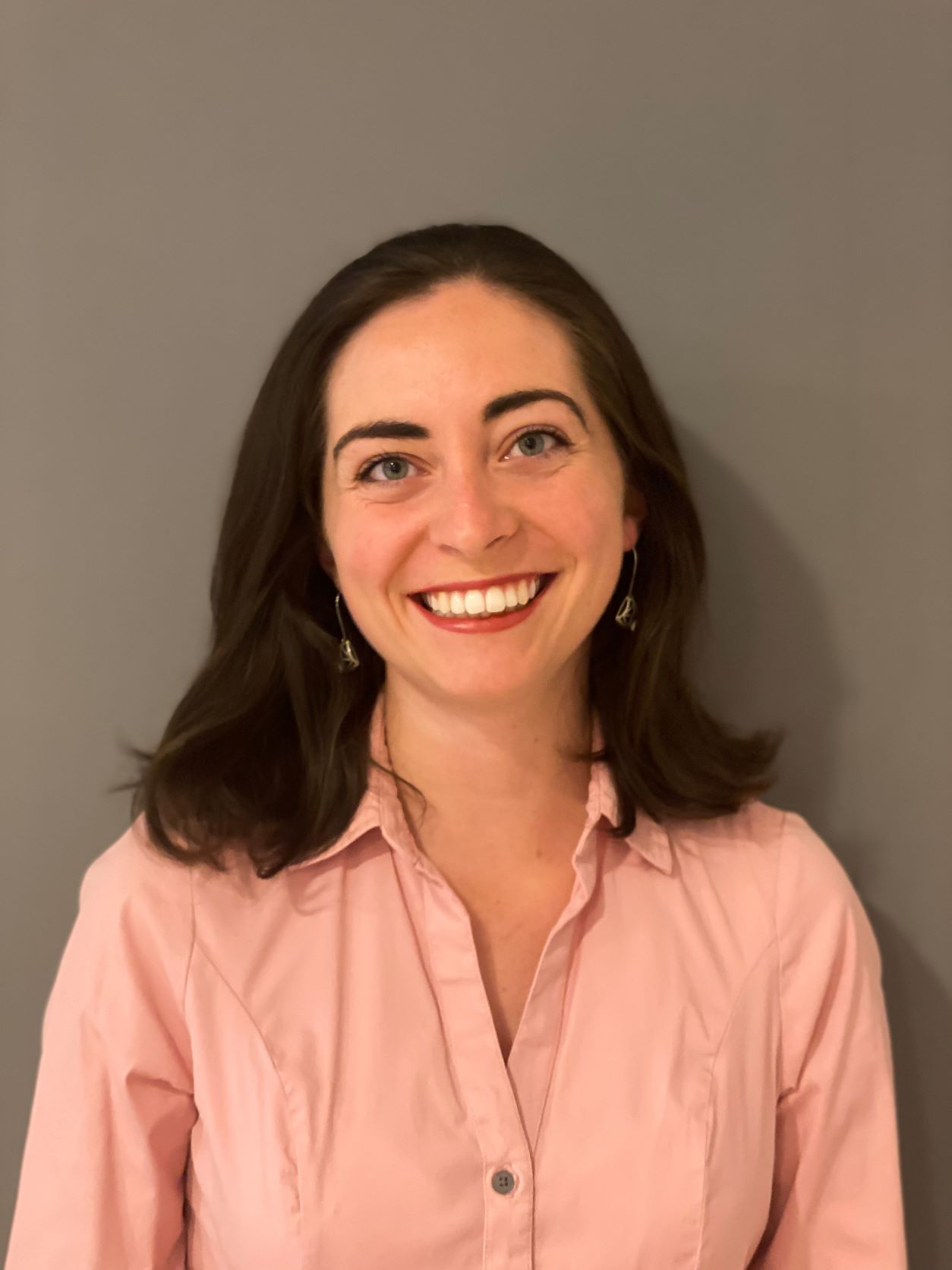
Margot Serra
- Scholar
- United States, France
- 2023 PhD Biological Anthropology
- Trinity Hall
I was born in France but grew up in the Bay Area in California. I have always been interested in combining social and biological sciences to study past human populations. After completing a BA & BSc in Anthropology and Molecular Biology from McGill University, I studied at University College London to do a MSc in Bioarchaeological and Forensic Anthropology. I then decided to undertake a second MA in Anthropology at San Francisco State University where I researched the feasibility and potentials of carrying out palaeopathological analyses of human remains found in looted Prehispanic communal tombs. My PhD research at Cambridge focuses on reconstructing Middle Preceramic (ca. 7000-6000 BP) lifeways in the Lower Ica Valley of Peru, relying on a comparative osteobiographical approach that integrates archaeological, bioarchaeological, and paleopathological lines of evidence. This project will explore the overall diversity of Preceramic communities' biocultural adaptations to the environment of coastal Peru, including within the contexts of the lomas (fog oases) and the nearby hinterlands.
Previous Education
San Francisco State University Anthropology - bioarchaeology 2023
University College London Bioarchaeology & Forensic Anth 2019
McGill University Anthropology and Biology 2018
Juan Serrano
- Alumni
- Peru
- 2015 MPhil Chemistry
- Downing College
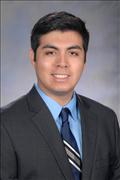
Juan Serrano
- Alumni
- Peru
- 2015 MPhil Chemistry
- Downing College
I was born in Lima, Peru and in 2001, I immigrated to the United States and settled in Coral Springs, FL. In 2014, I graduated from the University of Florida with a B.S. in Interdisciplinary Studies in Medicinal Chemistry and Molecular Genetics. While at UF, I conducted research in medicinal chemistry in the lab of the late Prof Alan R Katritzky. My senior thesis focused on incorporation of a new chemical group onto quinine and demonstrating the increased potency of these novel antimalarial analogues. Seeing the power that chemistry can have in developing innovative therapies against human disease inspired me to work at the Broad Institute of Harvard & MIT in the lab of Prof Stuart L Schreiber. At the Broad, I developed a methodology for arriving at chiral sulfamidate fragments, which will be further used in fragment based drug design efforts.As a Gates Cambridge Scholar, I will pursue an MPhil in Chemistry under the supervision of Prof Steven V Ley. My research focused on developing a new methodology for designing functionalized stapled peptides. These stapled peptides target an important biological factor in cancer, and our methodology is applicable to designing stapled peptide therapeutics for a variety of diseases where protein-protein interactions can be targeted. After my MPhil at Cambridge, I am pursuing an M.D.-Ph.D. at the Perelman School of Medicine at the University of Pennsylvania to train as a physician scientist and continue to incorporate chemistry into developing novel therapeutics to combat human disease.
Previous Education
University of Florida
Raghavendra Seshagiri
- Alumni
- India
- 2002 PhD Architecture
- Clare Hall

Raghavendra Seshagiri
- Alumni
- India
- 2002 PhD Architecture
- Clare Hall
Lina Sestokas
- Alumni
- United States
- 2005 MPhil Biological Science
- Emmanuel College

Lina Sestokas
- Alumni
- United States
- 2005 MPhil Biological Science
- Emmanuel College
Matthew Shafer
- Alumni
- United States
- 2013 MPhil Political Thought and Intellectual History
- Clare College
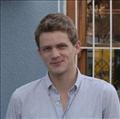
Matthew Shafer
- Alumni
- United States
- 2013 MPhil Political Thought and Intellectual History
- Clare College
I'm originally from Atlanta, Georgia. As an undergraduate at Yale, I informally constructed an interdisciplinary course of study around the formal core of the Philosophy Major, drawing on the resources of the university’s programs in German Studies, History, Religious Studies, Political Science, Divinity, and “Ethics, Politics, and Economics.” These diverse interests were unified by recurring attention to the study of nonviolence as a religious and political phenomenon. I plan eventually to enter academia in the field of political theory, which (I hope) will allow me to help shape the discursive contexts of real-world policy debates and activist movements. I expect that my long-term work will continue to take up questions of violence and nonviolence, moral and political cosmopolitanism, normative ethics, and religion as a political phenomenon.
Veeraj Shah
- Scholar
- United States
- 2021 PhD Public Health and Primary Care
- St Edmund's College
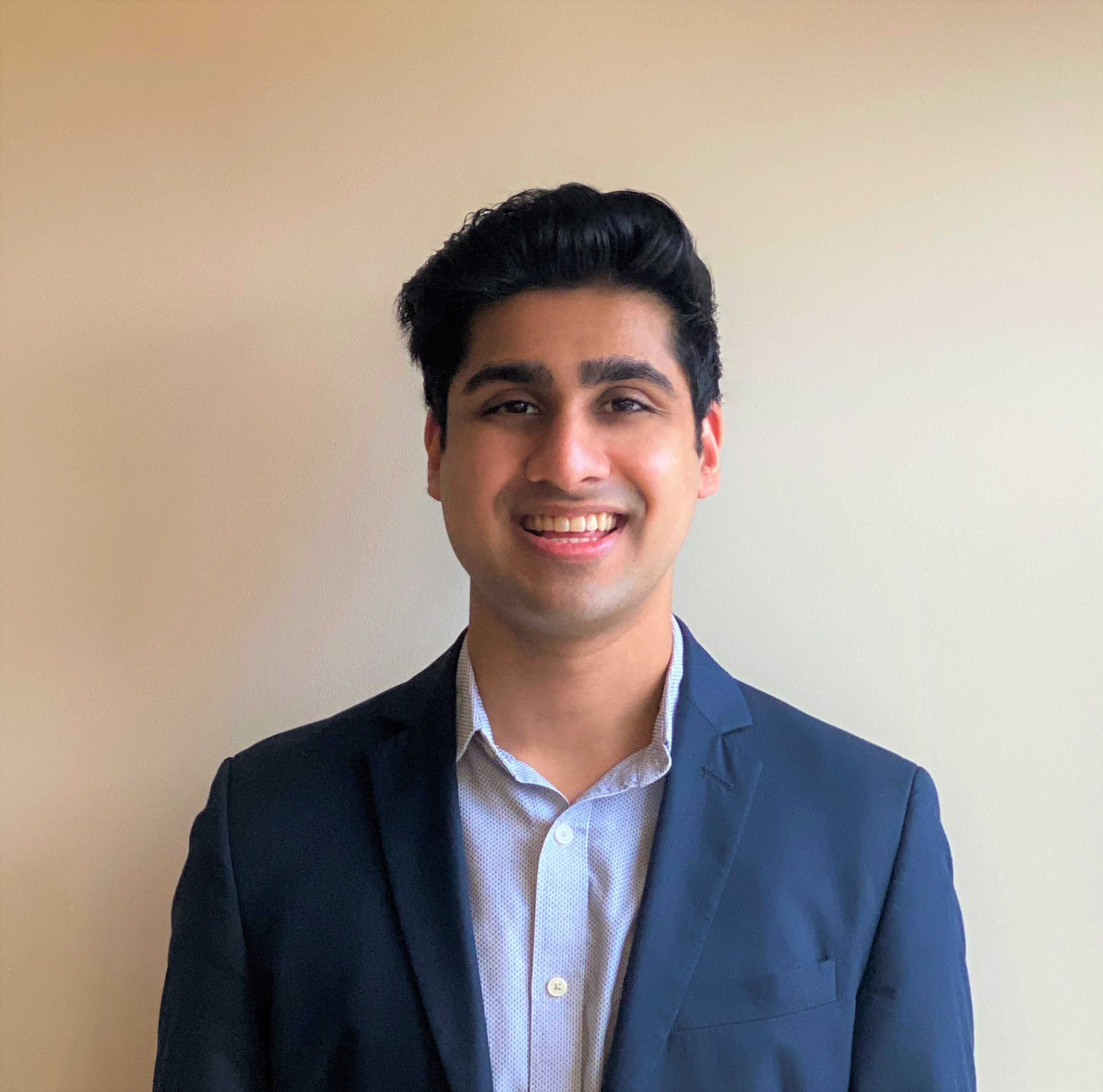
Veeraj Shah
- Scholar
- United States
- 2021 PhD Public Health and Primary Care
- St Edmund's College
As an undergraduate at the University of Maryland, I created an individual studies degree in “Health Policy and Technology” and studied how both policy and novel technology can create more equitable healthcare systems that emphasize preventive health. Through experiences leading Public Health Beyond Borders, a student-led global health organization, I saw the potential of education to improve preventive health in India, Peru, and Sierra Leone. This led me to start Chat Health, a nonprofit organization that applies artificial intelligence to provide accessible and real time information on preventive health. This past year, I worked at the Office of the US Surgeon General, contributing towards the Surgeon General’s Report on Community Health and Economic Prosperity. My PhD research combines interests in preventive health and technology towards improving cancer prevention. Specifically, I will develop and evaluate technology that automates provision of information on cancer-preventive lifestyle behaviors. My hope is that this research will provide evidence to integrate this technology into existing NHS primary care programs and help millions better manage their health. I am truly honored to be joining the Gates-Cambridge Community.
Previous Education
University of Maryland, College Park Health Policy & Technology 2021
Noor Shahzad
- Alumni
- Pakistan
- 2016 MPhil Modern South Asian Studies
- Christ's College
Noor Shahzad
- Alumni
- Pakistan
- 2016 MPhil Modern South Asian Studies
- Christ's College
I am broadly interested in literary cultures, reading practices and the conditions in which texts are consumed and circulated. My undergraduate research at Lahore University of Management Sciences has focused on the affective space that Urdu women's digests provide to women. Through an MPhil in Modern South Asian Studies I look forward to further investigating these digests. My research aims to examine the continuities and discontinuities in discourses on women's reform in Urdu literature. I am deeply honored to be joining the Gates Cambridge community and look forward to learning from and contributing to such a diverse group of scholars.
Previous Education
Lahore University of Management Sciences
University of Cambridge
George Shaikovski
- Scholar
- Belarus
- 2025 PhD Computer Science
- Clare Hall
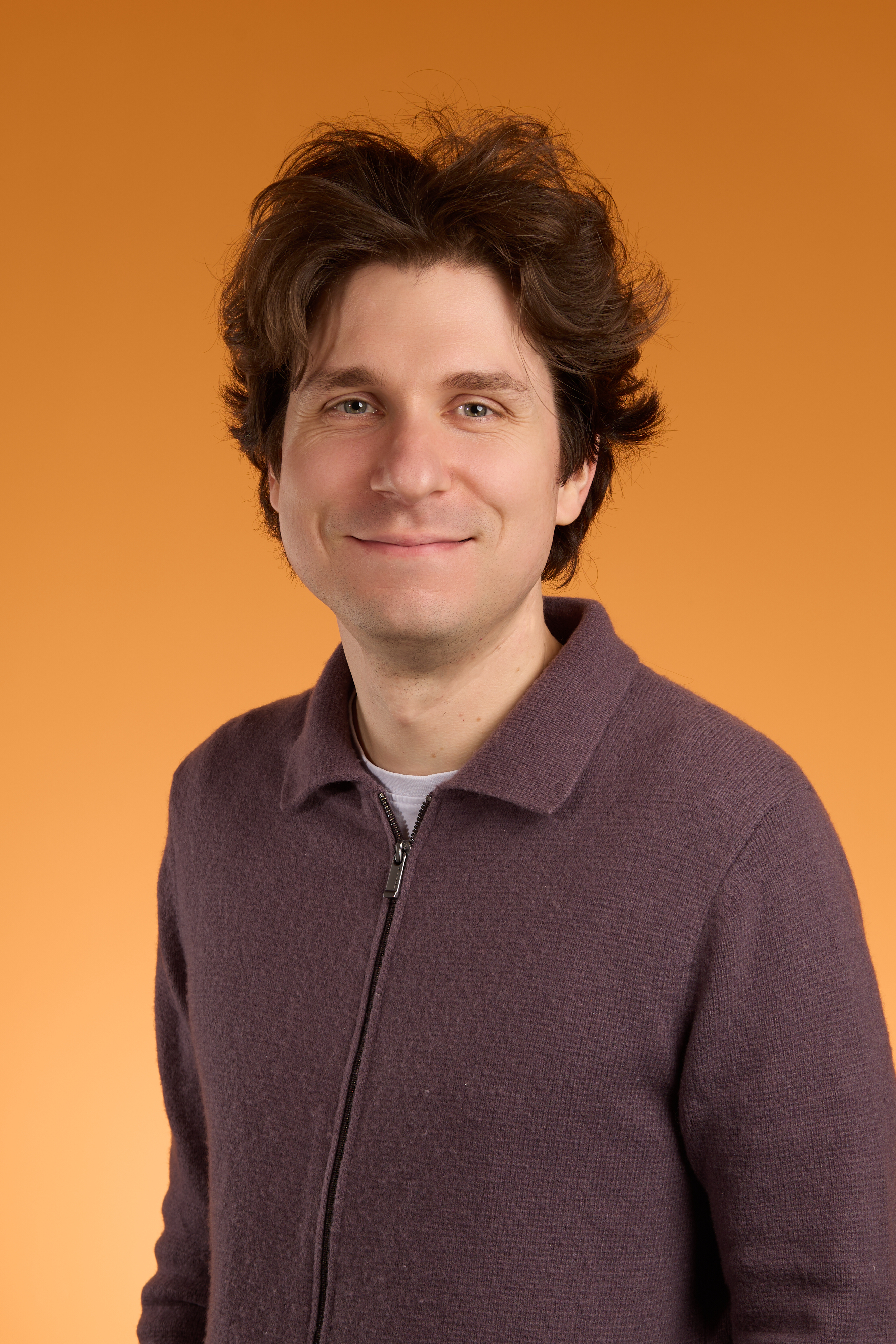
George Shaikovski
- Scholar
- Belarus
- 2025 PhD Computer Science
- Clare Hall
I am excited by the promise of artificial intelligence to help advance science and medicine, from improving cancer diagnosis to accelerating drug discovery. Since 2020, I’ve been working on foundation models for pathology, which became the basis of several state-of-the-art cancer detection, subtyping, and digital biomarker tools. I am particularly interested in models that combine multi-modal data, e.g. images and text, to learn abstract, unified, and interpretable representations of the world and perform complex reasoning with them. This capability is paramount for the successful application of AI in medicine since such systems will have to integrate diverse, complex, and connected medical data with specialised and structured medical knowledge. In my research at Cambridge, I aim to understand the fundamental principles and limitations of learning from multi-modal data for complex reasoning, investigate how models can learn interpretable and useful representations without explicit supervision, and transfer my findings to real-world applications, such as biomedical image analysis.
Previous Education
Warsaw University of Technology Electrical Engineering
Swiss Federal Institute of Technology Electrical Engineering
National Technical University Power Engineering
Callum Shakespeare
- Alumni
- Australia
- 2012 PhD Applied Mathematics and Theoretical Physics
- Trinity College
Callum Shakespeare
- Alumni
- Australia
- 2012 PhD Applied Mathematics and Theoretical Physics
- Trinity College
I completed my PhD at Cambridge in 2015. I am now a Senior Lecturer in Climate and Fluid Physics at the Australian National University.
Links
https://earthsciences.anu.edu.au/people/dr-callum-shakespeare
Jessica Shang
- Alumni
- United States
- 2008 MPhil Engineering
- Churchill College
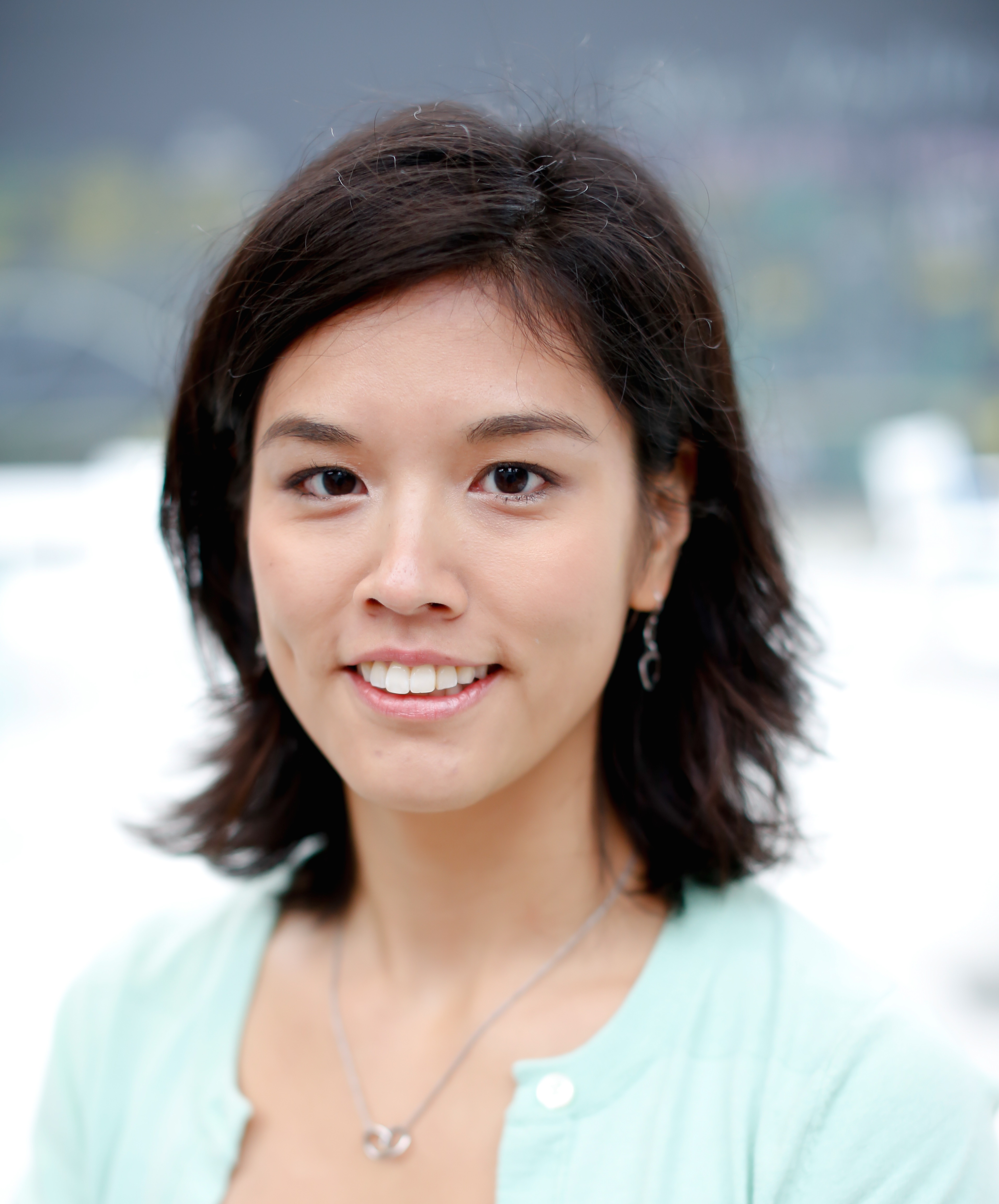
Jessica Shang
- Alumni
- United States
- 2008 MPhil Engineering
- Churchill College
Bedra Sharif
- Alumni
- Iraq
- 2001 PhD Genetics
- Lucy Cavendish College

Bedra Sharif
- Alumni
- Iraq
- 2001 PhD Genetics
- Lucy Cavendish College
Anirudh Sharma
- Scholar
- India
- 2020 PhD Clinical School MBPhD Programe
- Churchill College
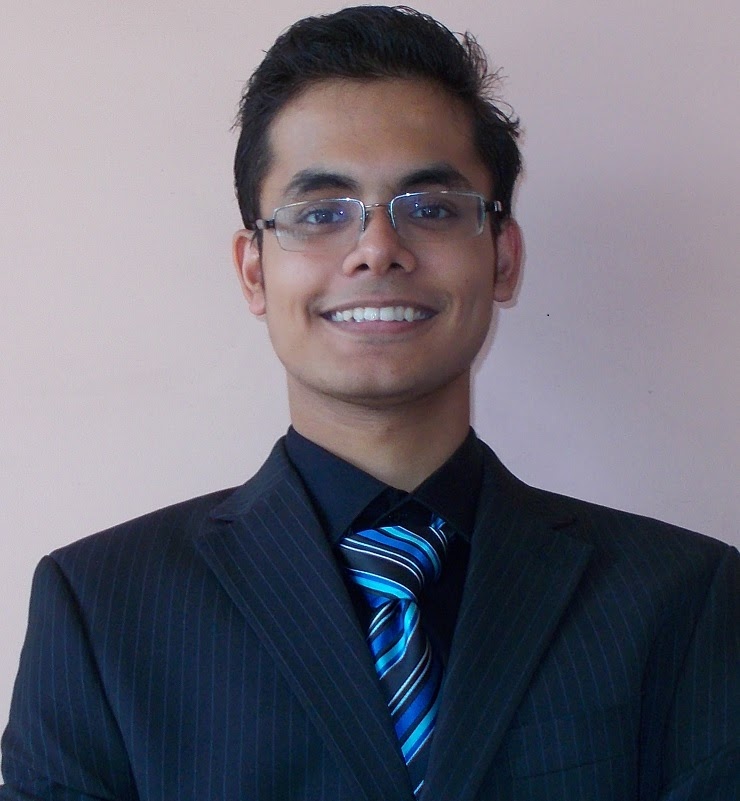
Anirudh Sharma
- Scholar
- India
- 2020 PhD Clinical School MBPhD Programe
- Churchill College
The global burden of neurological diseases increases every year, affecting the quality of lives of billions of people. Having seen first-hand the sequelae of severe trauma and the limited options for those who have lost the ability to see, to hear, to move, I am deeply motivated to complement my background in engineering with molecular techniques to open new avenues of treatment. To this end, I plan to develop the use of molecular biological techniques as a viable means of therapy, diagnosis, and research. I believe this PhD will help me launch my career as an academic clinician working on translational research where I am close to both the patients and the research that will help them. Ultimately, I aspire to lead work to develop methods towards the understanding and treatment of sensorineural deficits using molecular biology for interface design, signal recording, manipulation and analysis, with applications for molecular-level control and sensing, allowing for high throughput neurological research. I am extremely grateful to Gates Cambridge for allowing me the opportunity to pursue this aspiration.
Previous Education
University of Cambridge Preclinical Medical Studies 2019
Kanupriya Sharma
- Alumni
- India
- 2019 PhD Criminology
- Pembroke College
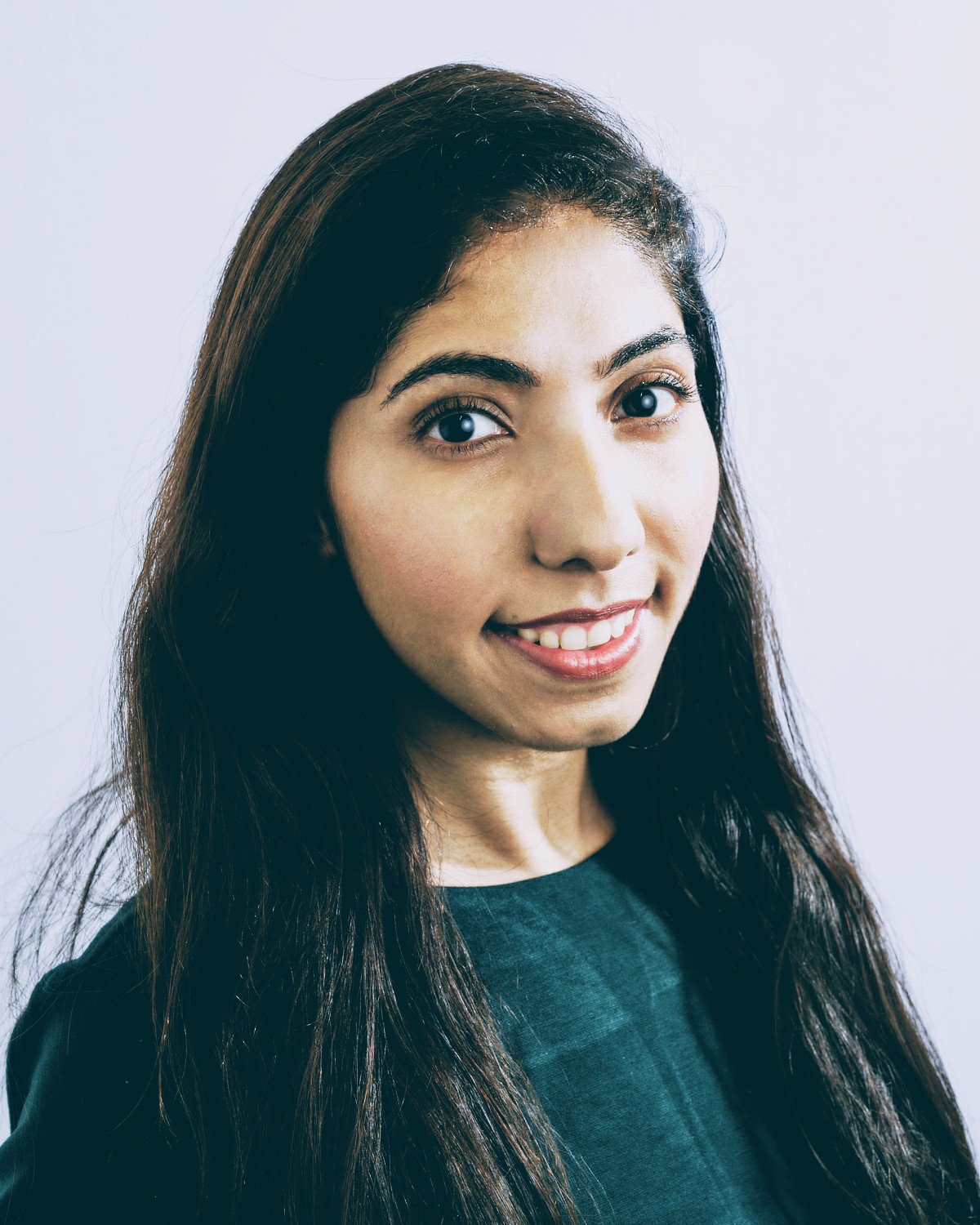
Kanupriya Sharma
- Alumni
- India
- 2019 PhD Criminology
- Pembroke College
Being born and brought up in India, where crimes against women are inescapable realities, I had always wanted to pursue a career in the area of criminal justice reform. My professional stint as a journalist further deepened my interest in this area and motivated me to pursue an MA in Social Work in Criminology and Justice from Tata Institute of Social Sciences. As part of my academic journey, I conducted field work in correctional settings in the area of legal aid, gender equity and penal reform. Post my Masters degree, I started working for an anti-human trafficking organisation, conducting rescue operations of children from child labor, domestic servitude and sex slavery. In 2018, I completed my MPhil in Criminological Research from the University of Cambridge where I explored prison intimacies as a form of resistance for women in India. The following year, I worked as a Chief Minister's Urban Leadership fellow in the Delhi government providing analytical support in formulation of policies related to women. Since October, 2019, I am pursuing a PhD in Criminology at the Institute of Criminology exploring women’s imprisonment and resettlement experiences in India through the lens of their intimate relationships. I intend to explore the ways in which women use informal communication channels and social networks inside prison to find new alliances for love, and the myriad ways in which these practices transcend into prison policy and reform. My study hopes to enhance the current understanding of prisons in a non-western context and enable policymakers to frame policies that are gender-responsive to the specific needs of women in India and elsewhere. Apart from this, I am also the founding member of the Cambridge Decolonising Criminology Network which aims to bring together students, researchers and eminent scholars in the field of criminology and related fields to discuss and engage with decolonial thoughts and perspectives. The network largely aims at installing colonial structures of power at the centre of the contemporary criminological debate and encourage more scholarly, indigenous voices from the non-west. Set up in January 2020, the network currently has more than 50 active members and contributors.
Previous Education
University of Cambridge Criminological Research 2018
Tata Institute of Social Sciences Social Work (Criminology) 2015
Saba Sharma
- Alumni
- India
- 2015 PhD Geography
- Hughes Hall
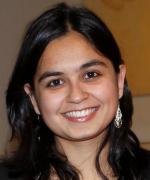
Saba Sharma
- Alumni
- India
- 2015 PhD Geography
- Hughes Hall
As a researcher at a think tank in New Delhi, I have developed an interest in how research can feed into policy discourse. My PhD project will focus on studying the state in Assam, in Northeast India, from the perspective of recurring violence. In particular, I will look at how everyday practices of governance influence the way conflict unfolds in the Bodoland region of Assam, where violence has been a persistent phenomenon for several decades. At the undergraduate level, I studied Economics, before moving on to studying Social and Cultural Anthropology at the Masters level. During this period, I developed an interest in field-based research, which I was able to pursue further as a policy researcher. For this project, I plan to employ an interdisciplinary approach towards the study of the state and conflict, using primarily ethnographic methods, and considering factors of contested resources, territoriality and political economy as well. I’m excited to be undertaking this research at Cambridge, and hope to remain engaged with research and writing on the state in India in the future.
Previous Education
University of Delhi
Katholieke Universiteit Leuven (Catholic Universit
Shruti Sharma
- Alumni
- New Zealand
- 2015 MRes Nanoscience and Nanotechnology
2016 MPhil Physics - Pembroke College

Shruti Sharma
- Alumni
- New Zealand
- 2015 MRes Nanoscience and Nanotechnology
2016 MPhil Physics - Pembroke College
Physics Department: Nanotechnology & Optoelectronics
Previous Education
Massachusetts Institute of Technology








